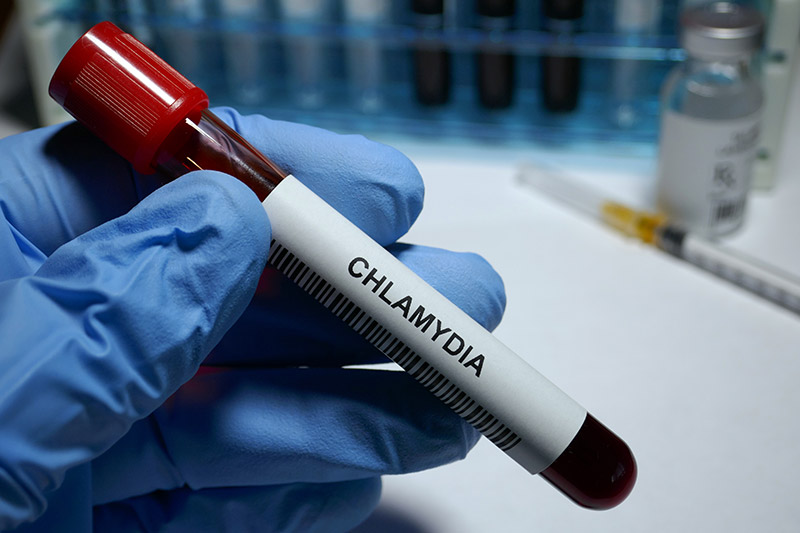


Gonorrhea bacteria travel up the reproductive tract from the vagina through the cervix to the uterus, ovaries, and fallopian tubes, causing inflammation and infection. PID can result in irreversible and serious outcomes in women and people with female reproductive tracts, like ectopic pregnancy, infertility, or chronic pelvic pain (1,4). Like an untreated chlamydia infection, an untreated gonorrhea infection can lead to the development of pelvic inflammatory disease (PID). What are the potential complications of gonorrhea?Ī sexually transmitted infection of gonorrhea can cause an infection of the cervix, urethra, and fallopian tubes in people with female reproductive organs (4,6). People don’t become immune to gonorrhea after they’ve had it once (2). Having oral sex can spread a gonorrhea infection from the genitals to the throat.Ī person can also be re-infected with gonorrhea after having been treated previously. A gonorrhea infection can develop in the genital tract, anus, and urethra for penis-in-vagina sex or anal sex. It can be spread through any type of unprotected sex, including penis in vagina sex, anal sex, and oral sex (2). Gonorrhea is spread through sexual contact with an infected partner. Infections of gonorrhea in the throat are also often asymptomatic, though some people may have a sore throat and enlarged tonsils (5). In women and people with female reproductive tracts, these symptoms can include increased ( "What is "normal" vaginal discharge?"), frequent painful urination, spotting/bleeding between periods or after vaginal intercourse or pain, bleeding, or discharge in the rectum (4). Some may have very mild or vague symptoms, which can be confused with a urinary tract infection or vaginal infection (4).

Without any symptoms, people may not suspect that they have an STI. Gonorrhea is often asymptomatic in women and people with female reproductive tracts-this means that people often do not experience any discomfort or notice any changes once infected (3). Like chlamydia infections, gonorrhea can infect people of all genders. These include the female reproductive tract, the anus, the inside of your eyelids, the urethra, and the throat (2).
Long term gonorrhea symptoms skin#
A person can contract a gonorrhea infection through mucous membranes (where your outer skin meets soft, moist, inner tissue) (2). Gonorrhea infections are caused by the bacteria Neisseria gonorrhoeae and are spread through sexual contact (1).


 0 kommentar(er)
0 kommentar(er)
